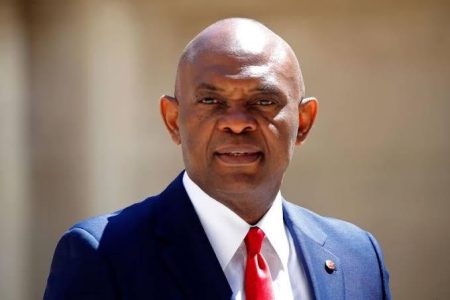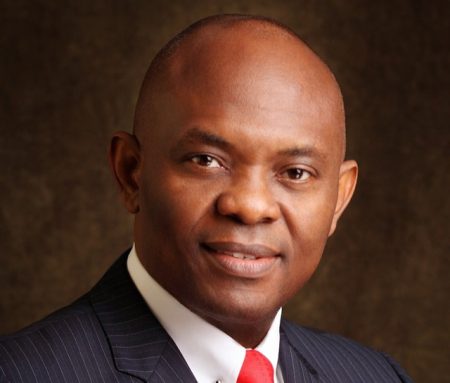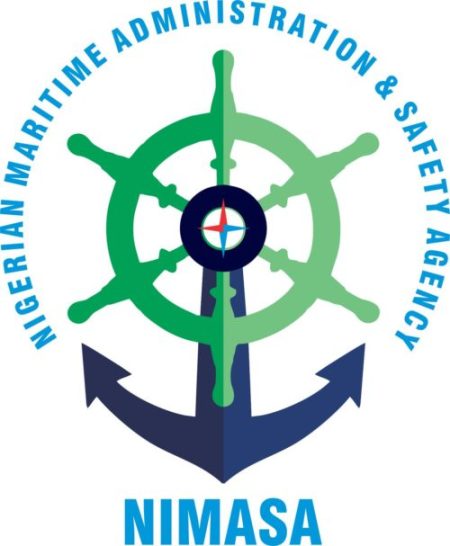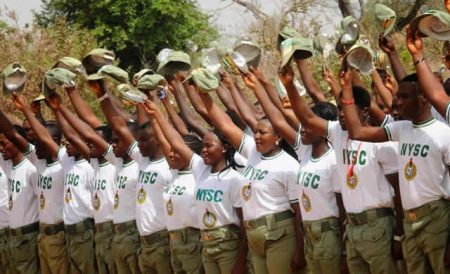The tragic demise of 22 Kano State athletes and officials returning from the 2024 National Sports Festival in Ogun State has sparked outrage and condemnation, particularly regarding the Kano State Government’s handling of the aftermath. The accident, which occurred on the Kaduna-Kano expressway, claimed the lives of these individuals who were traveling in a state-owned bus. While the state government offered N1 million in compensation to each of the bereaved families, this gesture has been met with widespread criticism, deemed inadequate and insensitive given the magnitude of the loss and the prevailing economic realities. Athletes, coaches, and concerned citizens have voiced their disapproval, highlighting the paltry sum in comparison to the sacrifices made by these athletes and the inherent risks associated with long-distance travel for sporting events. The incident has ignited a broader discussion on the value placed on the lives of athletes and the responsibilities of government in ensuring their safety and well-being.
The core of the discontent stems from the perceived devaluation of the athletes’ lives, with the compensation amount seen as a mere token gesture rather than a genuine reflection of their contributions and the profound impact of their untimely deaths. Critics argue that the N1 million offered is insufficient to provide meaningful support to the grieving families, who have not only lost loved ones but also potential breadwinners. The incident has exposed the precarious conditions under which many athletes operate, often facing hazardous travel arrangements due to budgetary constraints. This raises questions about the prioritization of athlete safety and welfare, with many advocating for improved travel protocols and greater investment in resources to mitigate risks.
The criticism extends beyond the financial aspect, encompassing the broader treatment of athletes and the systemic issues that contribute to such tragedies. Many see the accident as a preventable consequence of inadequate planning and a failure to prioritize the safety of the athletes. The long and arduous road journey from Ogun State to Kano State, undertaken in a state-owned bus, has been highlighted as a key factor contributing to the accident. Questions have been raised about why alternative, safer modes of transportation, such as air travel, were not considered, especially given the considerable distance involved. This has fueled accusations of negligence and a lack of concern for the well-being of the athletes, who were essentially exposed to unnecessary risks.
In response to the mounting criticism, the Chairman of the Kano State Sports Commission, Umar Fagge, has proposed employing relatives of the deceased athletes and officials. This suggestion, while intended to provide some form of long-term support to the affected families, has also been met with skepticism. Critics argue that such appointments should be based on merit and qualifications, not solely on familial connections. Concerns have been raised about the potential for nepotism and cronyism, which could further undermine the integrity of the sports commission and detract from the focus on athlete development and performance.
The Ogun State Government, in a show of solidarity, has donated N31 million to the victims’ families, a gesture that contrasts sharply with the response of the Kano State Government. This disparity has further amplified the criticism directed at the Kano State authorities, highlighting the perceived inadequacy of their response and the lack of empathy demonstrated towards the bereaved families. The contrasting approaches of the two state governments underscore the varying levels of importance placed on athlete welfare and the need for a more standardized and comprehensive approach to supporting athletes and their families in times of tragedy.
The tragic incident involving the Kano State athletes has exposed deep-seated issues within the Nigerian sports system, particularly concerning athlete safety, welfare, and the overall value placed on their lives and contributions. The inadequate compensation offered by the Kano State Government, coupled with the questionable proposal to employ relatives of the deceased, has sparked widespread condemnation and calls for greater accountability and transparency. The incident serves as a stark reminder of the urgent need for reforms within the sports sector to prioritize athlete safety, ensure adequate support systems, and foster a culture of respect and appreciation for the sacrifices made by these individuals. This tragedy should serve as a catalyst for meaningful change, prompting a thorough review of existing policies and practices to prevent future occurrences and ensure that athletes are treated with the dignity and respect they deserve.














